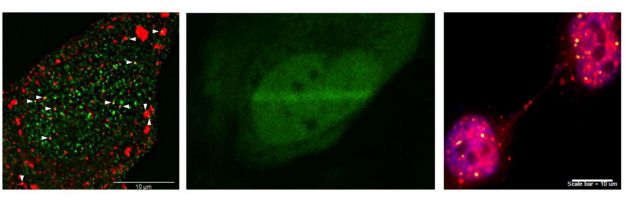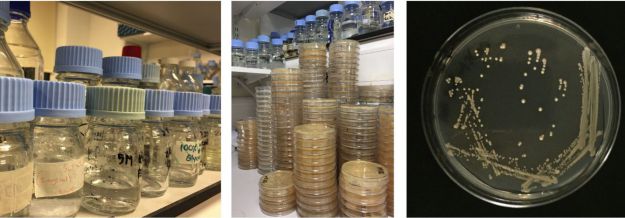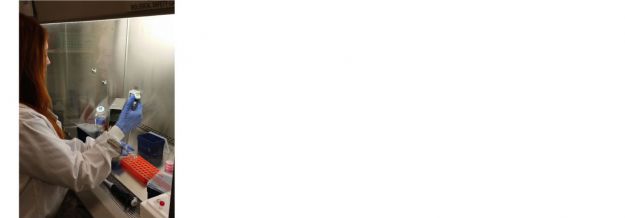Failure to maintain genetic integrity can result in the inheritance of mutations, genetic disorders, cancer or cell death. To ensure genome stability, cells have evolved a number of different ways to deal with DNA damage. These include several DNA repair pathways capable of recognising and repairing different types of damage, and checkpoint mechanisms that arrest the cell cycle to prevent cells from entering the next phase of the cycle with DNA damage or unreplicated chromosomes.
We are interested in a number of DNA damage processes and how they are coordinated, not only with each other, but also with other cellular events. In particular, we are interested in the regulation of protein function through modulation of protein-protein interactions, e.g. through specific modules, such as BRCT domains, or via post-translational modifications, such as ubiquitiylation or sumoylation. For further details go to my research page.
Our research work is funded by:






